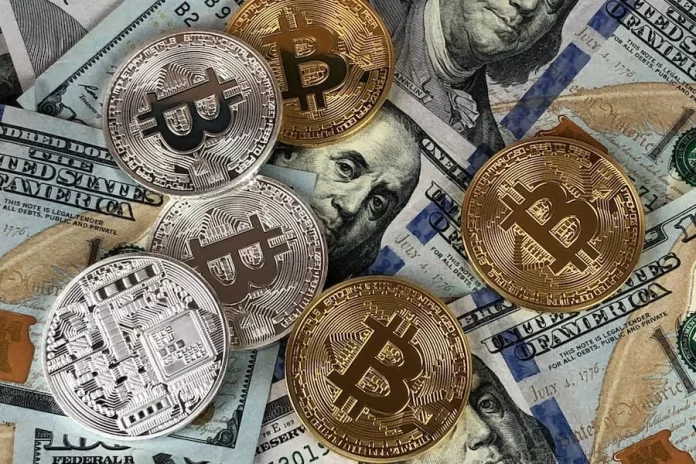Global currency values have grabbed world news headlines on quite a few occasions over the last year. There was the tanking of the British pound last autumn, the long worrying slump of the Euro, and the potential, imminent failure of the Lebanese pound is once again threatening to throw the tiny nation back into a civil war.
However, very few people really understand what all of this means and how currency exchange rates even actually work. In fact it’s something that most of us barely even think about until we get to the airport exchange desk when we go on vacation.
But in this post, we are going to take at how a currency exchange rate works, and how this can impact both businesses and individual consumers. We’ll also touch in exchange fees and how to find the best currency exchange rate and best bank transfer fees.
What Is A Currency Exchange Rate
A currency exchange rate is the relative price or value of a nation’s currency (or in the case of the Euro or CFA, an economic zone currency), as compared to another nation’s currency. Currencies are also measured against one another in pairs and as such, there is in single universal value any currency.
The exchange rate between two currencies depends on a number of factors such as how much of the opposing foreign currency a nation holds in reserve, the volume and direction of trade between the two nations and the relative economic and political strength of the two nations.
For example, the USD to GBP rate is $1 = £0.83. On the other hand, the USD to INR $1 = 82.67.
How Do Foreign Exchange Margins Work?
If you were wanting to exchange $100 USD for GBP, then you would be forgiven for receiving £83 GBP. However in reality you are extremely unlikely to ever get this amount. This is because currency changers apply “markups” to any exchange in order to make the transaction worth their while. Note that all currency changers charge some form of “markup” or margin, whether an airport travel desk, a street exchange bureau, a currency broker or our very own bank. The open market rate only really applies when banks change currencies between themselves (although some high value or political corporate clients may sometimes be able to negotiate the bank rate).
Margins are set by the financial institution who handles the exchange and are leveraged as a percentage. While airport travel desks apply high margins (such as 5% plus) retail banks tend to stick closer to 3%. The exact margin being used also varies depending on the currency being bought and many money changers offer better (i.e. lower) margins on popular currencies such as the USD and worse (higher) ones or more obscure currencies such as the CFA.
So for example, if we changed that $100 to GBP using a bank applying a 3% mark up,, then we would in fact receive around £80.51 and the bank would take £2.49 as their profit.
Note that in reality these margins are often pretty much “invisible” many consumers don’t even realise that a margin is being applied. This is because both banks and travel desks only ever state their rate, (ie. $1 = £.80) and do not advertise the “official”, open market rate. It is therefore left to customers to track down the current rate, compare it to what they are being offered and then calculate the margin for themselves.
We stated above that banks tend to apply currency exchange margins of around 3%. While there is some variance between banks and between currencies, the range for US banks is between 2.% – 4%.
Bank Wire Fees
In addition to foreign exchange margins, banks also charge wire fees each time they handle a foreign currency transaction. For example, if we send $100 to our friend in the UK, our bank will charge a wire fee which could range from between $2.50 – $25. The bank will handle the currency conversion after deducting the wire fee and the exchange margin will be applied to the $100 minus the wire fee. In reality the fee is little more than a ransom charge for using the bank’s SWIFT payment network.
Where To Find The Cheapest Currency Exchange Rate
The best currency exchange rates are not found in the banks, that’s for sure. One option for handling foreign exchange is using a broker such as IBKR (Interactive Brokers) – basically all a customer needs to do is deposit Currency A (ie USD) into the platform, change it into Currency B (ie Eur) and then withdraw. Their currency conversion fees (ie margins) start at as little at 0.02%.
Money transfer specialists are also widely regarded as offering some of the best currency exchange rates available. These are financial service companies who are dedicated to moving money around the globe and use their network and scale to offer customers low fee, low margins on any international money transfer. That said, in their summary of the top 6 cheapest methods for making money transfers and finding the best (currency) exchange rate, Money Transfer Comparison listed Currency Brokers – a type of money transfer specialist – as their top pick.
Currency Brokers Vs Money Transfer Specialists
As we said above, currency brokers are often considered to be something of an alternate version of money transfer specialists. A currency broker is a financial service provider which buys and sells currencies directly for their customers and then transfers the money internationally. Because currency brokers trade in huge volumes, they are often able to offer their customers the best rates available on the market – however, currency brokers usually have a minimum transfer amount which can be considerable whereas money transfer specialists are happy to handle even small transactions.
Concluding Words On Finding The Best Currency Exchange Rate
When it comes to finding the cheapest exchange rate, there is no single bullet proof answer- it ultimately depends on the finer details of the transaction. Still, as we have shown, there are specialist providers who can help to facilitate cheap international money transfers without the bank wire fees and there are currency brokers offering the best exchange rate.












